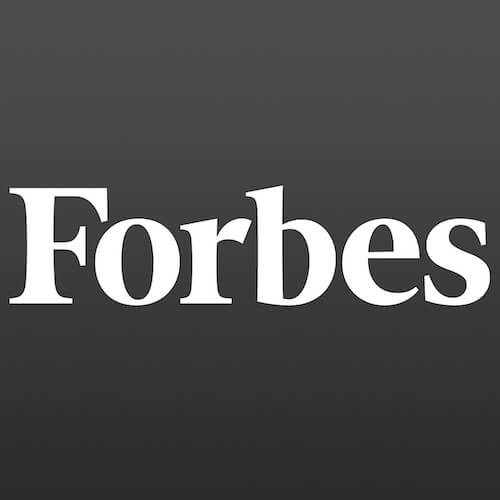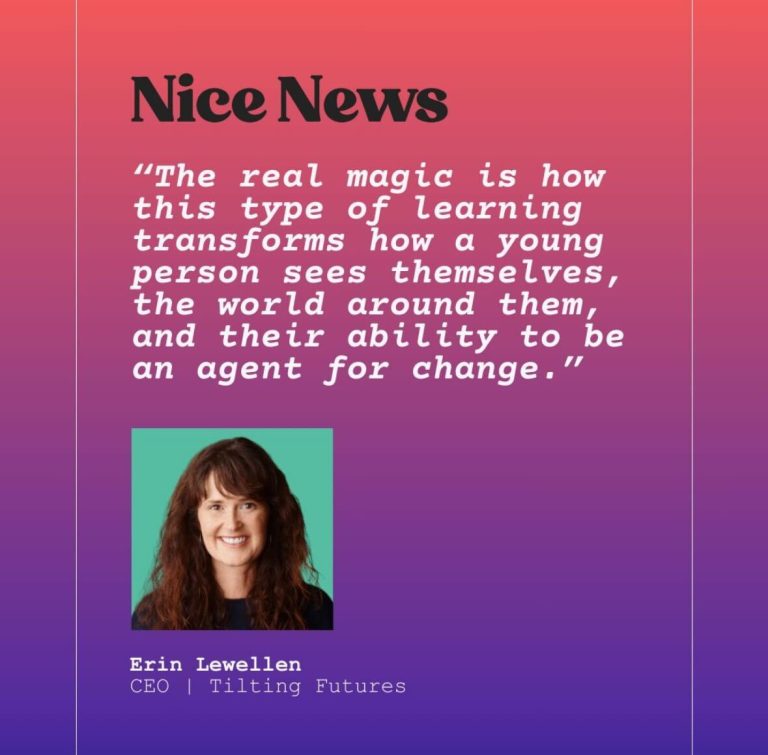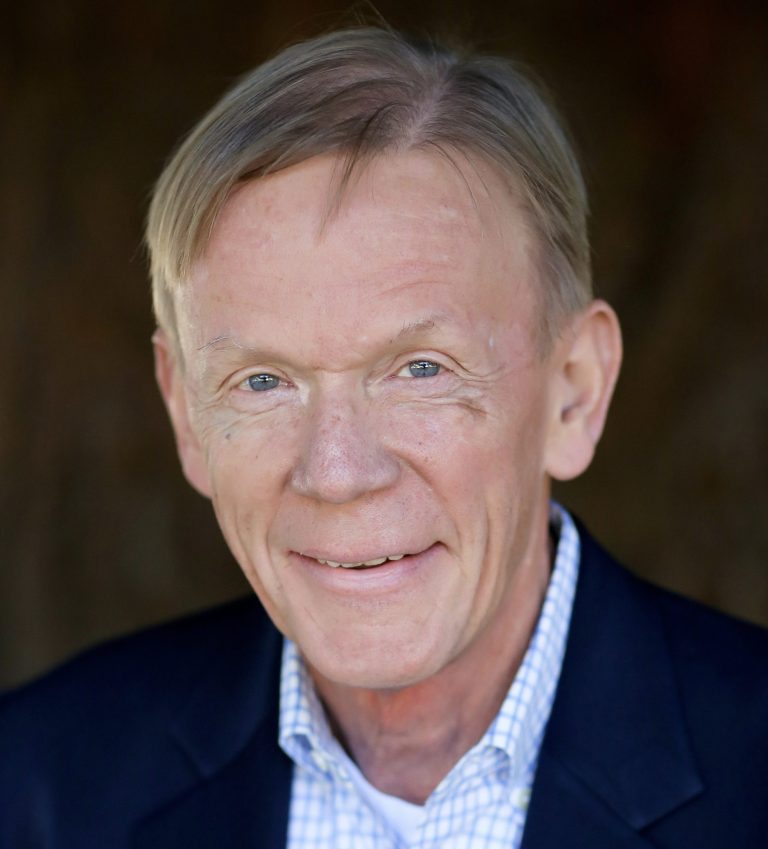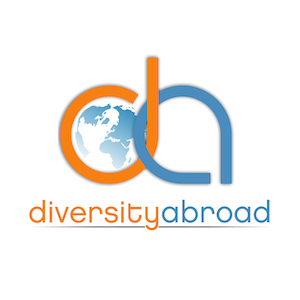The benefits of a gap year between high school and whatever comes next has been equally encouraged and criticized over the past century. Global Citizen Year seeks to formalize the curriculum in that gap year using the power of a global immersion to inspire curiosity, conviction, and courage among the next generation.
The organization’s CEO is social entrepreneur Abby Falik. Under her leadership, nearly 1,500 alumni have been honored as Fulbright Scholars, Davis Peace Prize winners, Gates Millennium Scholars, and Teach For America members.
Now with a major investment from MacKenzie Scott, Falik is on a mission to accelerate that growth and scale to 10,000 participants in the Global Citizen Year by 2027.
View Article on Forbes.com
Amy Shoenthal: You’re the founder and CEO of Global Citizen Year. People often get confused between what you do and the concert in Central Park.
Abby Falik: We are an entirely separate organization. Like Global Citizen, we share a vision for a world where people feel that their civic obligation and identity is global in nature. We want people to feel connected to others around the world who are committed to driving change around the issues that impact us all.
Unlike Global Citizen, we are committed to working with emerging leaders on the cusp of adulthood and giving them in-depth, intended experiences that help them shape their values and identities in ways that transform their leadership trajectory over time. What we’re doing is building a pipeline of new leaders who act with a global context.
Shoenthal: Do you have a sweet spot for the age range of those emerging leaders?
Falik: Typically they are just coming out of high school and making that critical transition that religions and societies around the world have honored for millennia, from the Mormon mission to the Israeli army service. It’s this moment when a young person has the maturity to leave home but hasn’t fixed their values and identity yet. They’re transitioning from dependence to independence.
Young people need a rite of passage that helps them leave home in a way that stretches their sense of what’s possible, that helps them understand their potential and gives them a clearer sense of purpose. That way, when they land in college or whatever it is that comes next, they’ve got a compass and a set of issues that they’re hungry to commit their lives to impact.
We are aware that Gen Z is dismayed by the state of the world and revved to get involved by driving solutions in education, public health and in racial and social justice. Those are the communities of practice that we build. We equip them with a network, social capital, skills and perspectives that help them address the issues that they care most about in the most impactful way they can.
Shoenthal: What’s your biggest focus right now?
Falik: We spent 10 years running a fellowship, which allowed 1,000 incredible young people from across the U.S. to have an immersive global experience between high school and college, where they lived alongside the global majority. We set them up to live with a family and work as an apprentice supporting a local project. They come out of that experience with a curiosity, conviction and courage as the power skills that set them on their journey.
In March of 2020, we were welcoming our 1,000th fellow home and it became an emergency evacuation instead. Over the last few years, we have not been able to send anybody on an airplane, but it has forced us to rethink the model. So we’ve spent these two years developing what we call Global Citizen Year Academy, which is an intensive leadership hub where kids not just from the U.S., but from all over the world can come to find their people, their power and their purpose. Over these two years, we’ve had 1,000 more emerging leaders, this time from 100 different countries.
Our vision is that five years from now, we’d have 10,000 young leaders per year having this new experience. My focus right now is raising a $50 million fund that helps us get from where we’ve been to where we’re going and elevating the idea and the profile in a way that inspires young people around the world and corporate and government partners to get on board. This could be a global exchange of young people that defines a whole new life stage.
Shoenthal: What will you do with a $50 million fund?
Falik: Half of it goes to scholarships. We’ve been committed to centering equity in everything we do and 80% of our students get need-based financial aid.
The other half are investments in growth, which means new educational pathways for colleges and employers. We’re thinking about how we can use the data around the learning outcomes from our experiences to influence the educational paradigm.
Shoenthal: To quote you, “As inequality widens, pandemics rage and temperatures rise, how will we equip young people with the insights, skills and networks needed to address our complex global challenges?” Can you explain, how are we equipping young people with all of those tools and how could we be doing it better?
Falik: We have focused on what we are now calling the real 21st century skills. Our ‘REAL’ skills stand for Resilience, Empathy, Agency, and Leadership. And when we talk about leadership, we have a particular definition.
We talk about leadership as a practice, not a position. It is an engine inside of each of us and a set of behaviors. It’s not a title, a salary, or arrival point. These are skills that historically have been called soft, but they’re actually the harder skills to develop and they can’t be learned in a classroom alone.
So we’ve developed a model that focuses on helping young adults develop these REAL skills because we believe they will be power skills for the future.
Shoenthal: How can regular people help push for change beyond donating and signing petitions, which frankly never feels like enough?
Falik: There’s been a conversation about clicktivism and the thinness of activism. It doesn’t ask us to do much beyond add our name to things or take us to quick, quick, quick actions. We are very focused with our students on what we call the difference between ‘real good’ and ‘feel good.’ So many of the things we’re invited to do really emphasize what makes us feel good about ourselves, when in reality, the real good may require messiness and complexity.
If it feels thin, it probably is, and that might be our clue to dig deeper into the question of what would it look like to address the root cause of this issue that I’m tweeting about or to actually give something up? And how can we do that in service of a more impactful approach to addressing an issue that matters?
I think sometimes in the aggregate this type of noise helps, but ultimately, we’re in the business of shaping humans who can then shape a different future. And that work is messy, expensive, and long term. There’s nothing clean and tidy about it. That’s why I do what I do. To make sure we’re raising a new generation of people who are committed to having the courage to do harder things.
Shoenthal: You recently received a $12M investment from MacKenzie Scott which you told me, “has us thinking bigger and bolder than ever.” What do you plan to do with that investment?
Falik: We’ve thought big and bold from the beginning. Her investment was really a vote of confidence, a stamp of credibility. MacKenzie Scott is revolutionizing philanthropy. She is taking a very diligent and rigorous approach to vetting organizations. Once an organization is deemed to be doing great work and she can assess the resources it needs, she is making huge gifts with no strings attached, which really emphasizes trust and partnership. I like this idea of moving philanthropy from a patronage to a partnership.
A social entrepreneur and a team have committed their lives to solving a certain social problem. The role of the philanthropist is to empower that team to do more of what they’re doing, not to create a whole bunch of strings and constraints around that work. And so what the investment did for us was it kicked off this $50 million fund. We’re calling in our ‘New Leaders Fund’ and it has inspired other people to join. My friend pointed out that no one wants to be first to invest, but everyone wants to be first to be second.
In the last few months, we have matched her contribution through other contributions. We’re now about halfway toward our five year goal.
Shoenthal: What’s next for you? For Global Citizen Year?
Falik: I am excited about this next chapter because it’s going to draw on everything I’ve learned personally and everything the organization has done since we started in 2010. We need new pathways, more leaders, more representation in leadership and leaders who are more empathetic and globally oriented.
We are creating a blueprint that changes this whole life stage.



